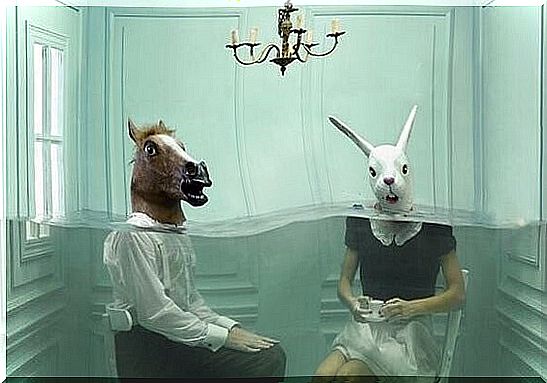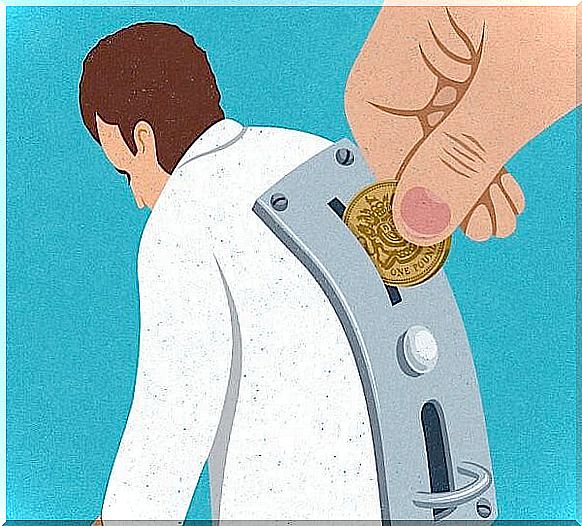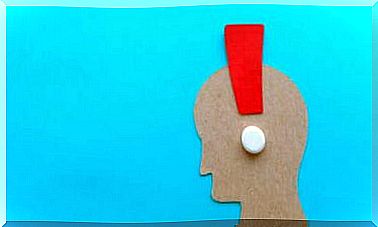From Cynicism As A Critical Stance To Cynicism As An Unbearable Attitude

Diogenes of Sinope was the father of Cynicism. He lived in Ancient Greece during the fourth century BC. The ancient followers of this doctrine were very different from today’s Cynics. His version was pure criticism: they didn’t agree with many of society’s hypocrisies and wanted to live in a much more authentic way.
The word “cynic” comes from the Greek root “kinus”, which means “dog”. Cynicism, then, was a doctrine associated with “dog-like.” Diogenes lived in absolute poverty, like a dog. At the same time, he released philosophical bites that made him one of the most incisive thinkers of the time. So they started to associate one thing with the other.
Cynicism has now taken on a very different meaning. The cynics of the modern world are those who believe in no value and boast about it. They do not criticize society to propose a new way of looking at it, the only intention is simply to denounce it. Finally, they don’t do anything about it. Also called cynical are those who openly take advantage of others and even pride themselves on doing so.
Diogenes of Sinope and Primitive Cynicism
Wonderful episodes are attributed to Diogenes, full of ethical grandeur. He didn’t even have a house, he lived in a barrel. People mistook him for a beggar because he dressed in rags. Still, he was one of the most lucid men of his time. Plato called him “a delusional Socrates.”

It is said that Alexander the Great was interested in meeting this philosopher. He came up to him and said, “I am Alexander the Great.” And the cynic replied, “And I am Diogenes the dog.” After a short conversation, Alexandre told him: “Ask me what you want”. Diogenes told him the following: “Get out of where you are, you are blocking the sun”.
According to another story, one day Diogenes was in the square, eating vegetables that the others had thrown away. Another philosopher walked by and said, “If you worked for the nobles like me, you wouldn’t have to eat vegetables.” Diogenes replied: “If you ate vegetables like me, you wouldn’t have to work for the nobles.” These episodes give us an idea of what this thinker was like.
modern cynicism
Power and money have always been a source of corruption, at all times and in all places. However, with the appearance of capitalism and, especially, with the fall of the great utopias, it acquired its maximum power. Money and power motivated the most detestable behaviors of human beings.

We could say that the father of modern Cynicism is Machiavelli, the great philosopher of power. The famous phrase is attributed to him: “The ends justify the means”. With this thinker, a series of philosophers who exalt individualism to the utmost is initiated. According to them, the characteristic of human beings is extreme selfishness. Any action that provides individual benefits may be valid.
In general, men with high political or economic power have acted with great cynicism, in the modern sense, throughout history. Being figures who guide or direct societies, they have become an example to many. Most people see this as effective. Especially after the fall of the great ideologies and utopias. This surpassed the power of money, and “the end justifies the means” became a valid maxim.
Cynicism in interpersonal relationships
From the highest echelons of power, cynicism has expanded and seeped into everyday relationships. It can be identified especially in links that involve some type of power, such as between employers and employees; between men and women, or in adults in relation to children.
While crossing a strong current that runs counter to all of this, cynicism continues to hold an important place in today’s world. Sometimes it is expressed in a subtle way. When the employer, the man or the adult imposes an arbitrary criterion or norm, if the employee, the woman or the child resists, then they respond: “if you don’t like it, you can leave”.

Cynic behavior is perverse. Introducing them into human relationships makes them go crazy. In the short, medium or long term, they also have negative consequences for those who fall into this type of behavior. They falsify affections, promote hidden transgressions, encourage hypocrisy. While they provide immediate selfish satisfaction, what is lost is far more important.
Images courtesy of Kylli Sparre









